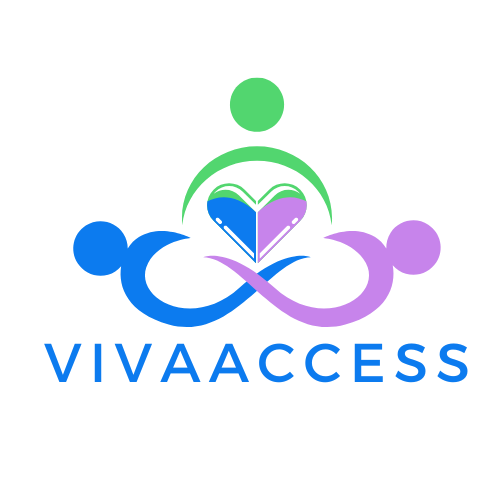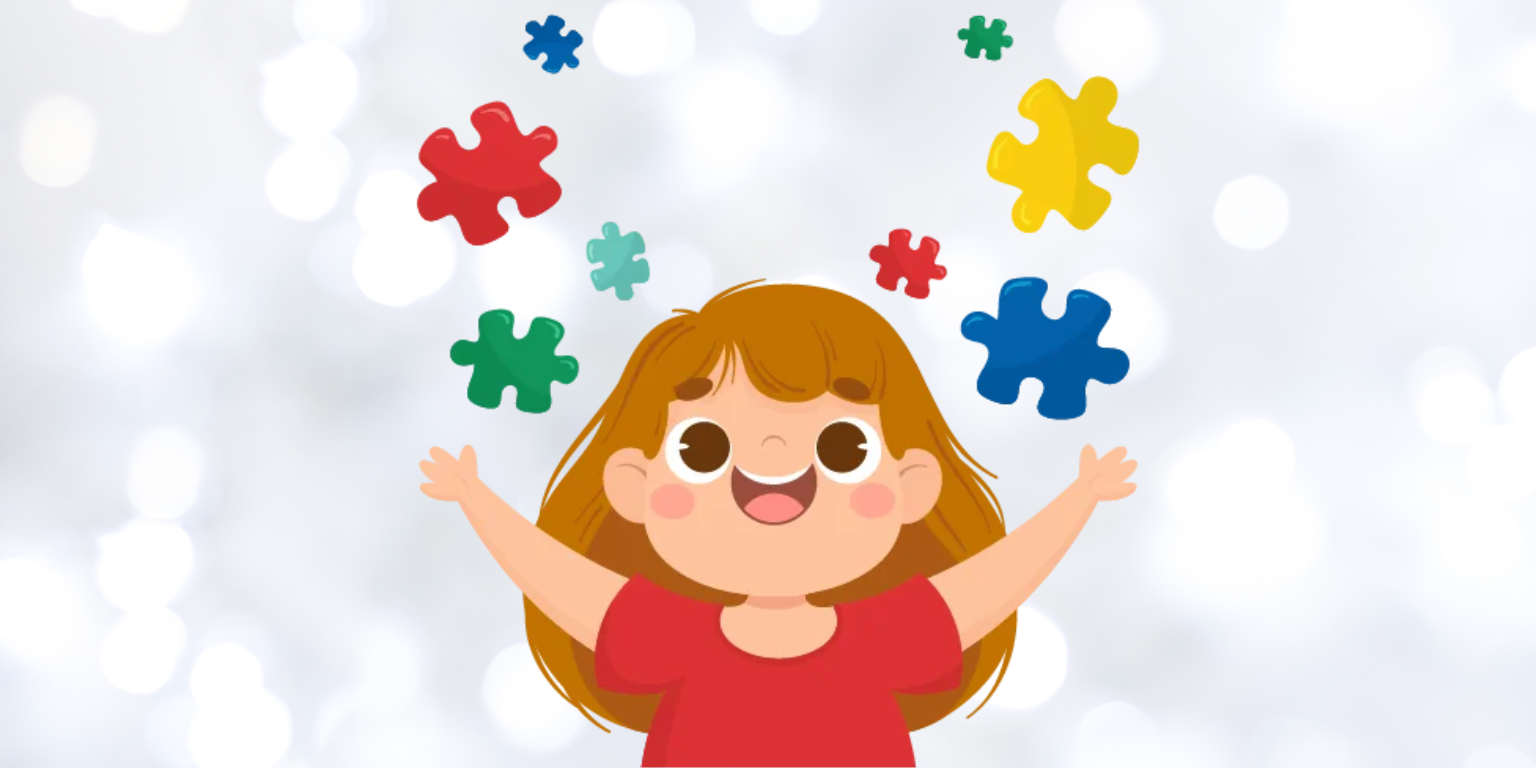The treatment of learning disabilities (LD) focuses on providing educational and therapeutic interventions designed to address the specific areas of difficulty for each individual. Below are some common strategies used in the treatment of LD:
Personalized Educational Intervention: Individualized Education Plans (IEPs) are developed to establish specific goals and curriculum adaptations to address the unique needs of the student. These plans may include tutoring services, support classes, curriculum modifications, and the use of assistive technology.
Multisensory Approach: Multisensory teaching methods are employed, involving multiple senses (sight, hearing, touch) to enhance understanding and retention of material. This may include the use of manipulative materials, hands-on activities, and movement-based learning techniques.
Skill-Specific Training: Intensive training is provided in areas of difficulty such as reading, writing, or mathematics. This may include repeated practice exercises, reinforcement activities, and specific learning strategies.
Psychological and Emotional Support: Psychological and emotional support is offered to help the student develop coping skills, self-esteem, and resilience. This may include individual counseling, support groups, and activities to improve self-confidence.
Collaboration with Parents and Professionals: Collaboration between parents, educators, and other professionals is encouraged to ensure comprehensive and consistent intervention. Guidance is provided to parents on how to support their child’s learning at home, and open and effective communication among all team members is promoted.
Ongoing Monitoring and Reevaluation: Regular monitoring of the student’s progress takes place, and interventions are adjusted as needed. Periodic assessments are conducted to assess the success of treatment strategies and make changes as necessary.
In summary, the treatment of learning disabilities requires a comprehensive approach that addresses the educational, emotional, and social needs of the individual. With appropriate interventions and ongoing support, individuals with LD can learn to overcome challenges and achieve their full academic and personal potential.







